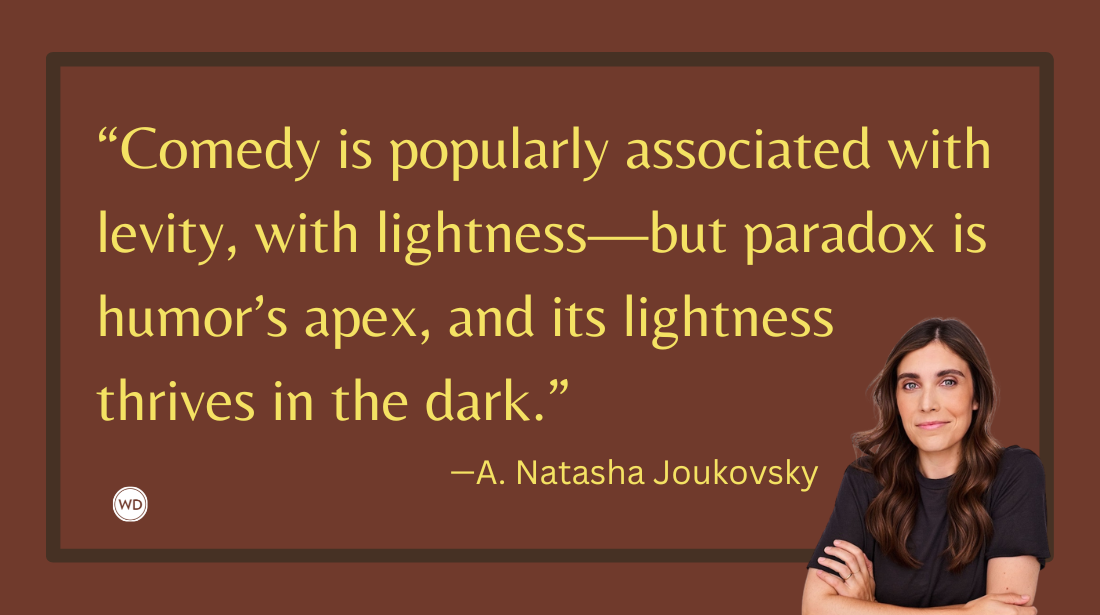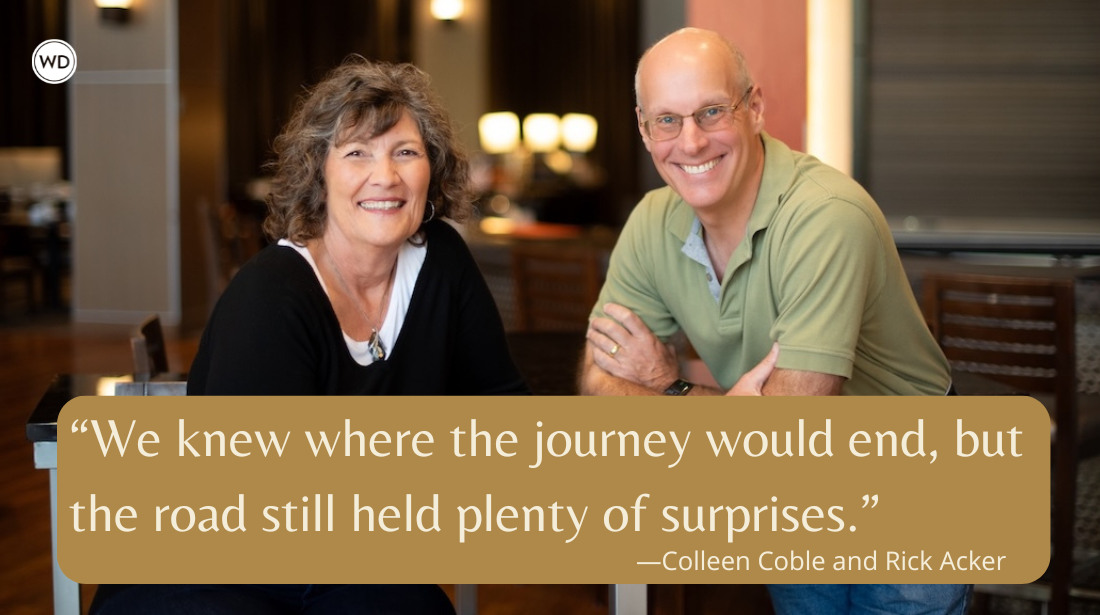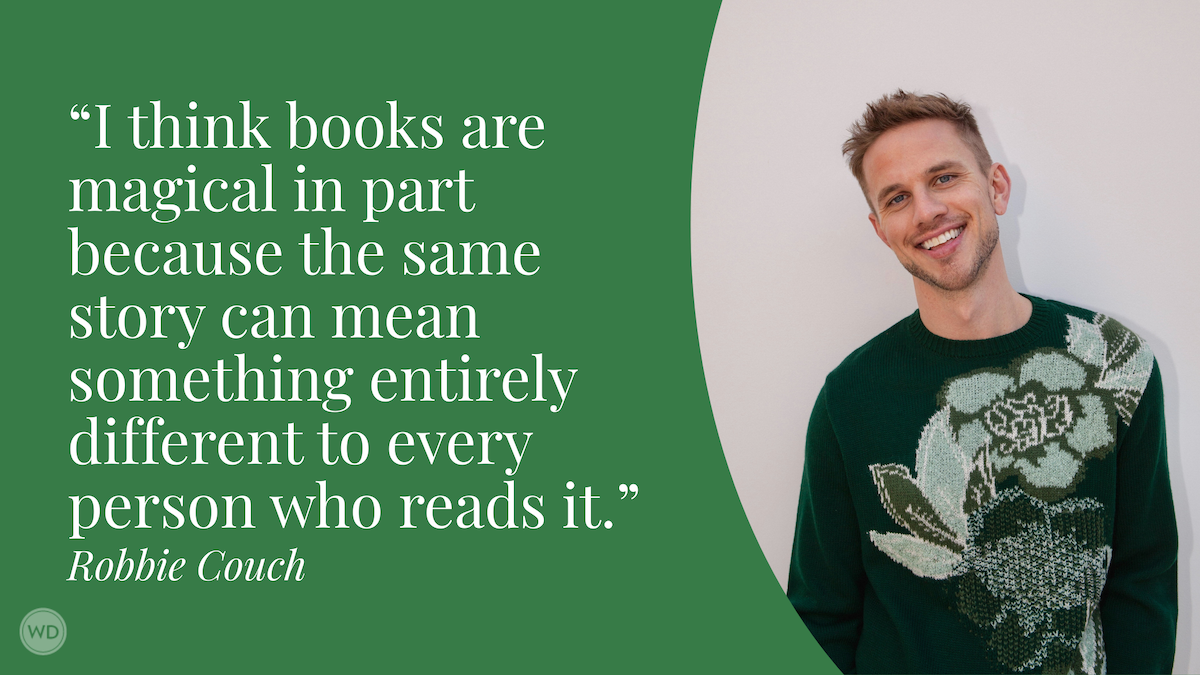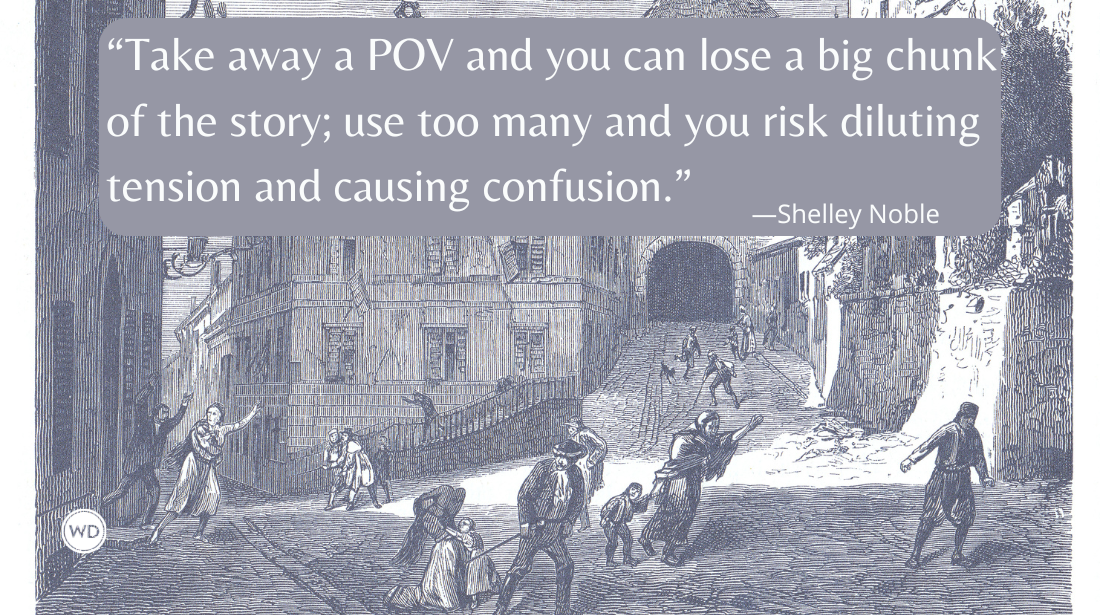Susan Meissner: Writing About the Fragile Things and Lives We Build
In this post, Susan Meissner shares why she went through three drafts of The Nature of Fragile Things, how things have (and have not) changed during the pandemic for writers, what type of books writers should read, and more!
Susan Meissner is a former managing editor of a weekly newspaper, and an award-winning columnist. She is the award-winning author of The Last Year of the War, As Bright as Heaven, A Bridge Across the Ocean, Secrets of a Charmed Life, A Fall of Marigolds, and Stars over Sunset Boulevard, among other novels.
In this post, Meissner shares why she went through three drafts of The Nature of Fragile Things, how things have (and have not) changed during the pandemic for writers, what type of books writers should read, and more!
*****
Name: Susan Meissner
Literary agent: Elisabeth Weed, The Book Group
Title: The Nature of Fragile Things
Publisher: Berkley
Release date: February 2, 2021
Genre: Historical Fiction
Previous titles: The Last Year of the War, As Bright As Heaven, Secrets of a Charmed Life, A Fall of Marigolds, and more
Elevator pitch for the book: A mail-order bride's world cracks wide open on the eve of the great 1906 earthquake when she finds out the San Francisco widower she married isn't who he said he was.
(WD uses affiliate links.)
What prompted you to write this book?
As a native of California, I have long been interested in the 1906 quake that reshaped San Francisco. The brief shrugging of the planet, as Simon Winchester put it in A Crack in the Edge of the World, resulted in such jaw-dropping devastation. What the earthquake didn’t destroy, raging infernos did. The “Paris of the West,” and a city of nearly half a million people, was laid bare.
To me that was a backdrop for exploring this notion that we spend our lives constructing an existence for ourselves. We build an identity, a home, family, wealth, and everything we erect is fragile. What we construct is forever at the mercy of forces greater than us. Couple that with the idea that it’s when catastrophe hits and we start to lose what we’ve carefully built, that we begin to see what really matters to us—a rather timely consideration in these days of ours.
I wanted to imagine a mail-order bride with secrets to hide, who has managed to cobble together a happy existence at last but then finds herself, along with the rest of San Francisco, on a quest to protect what little is left to her when the shaking stops.
How long did it take to go from idea to publication?
I mentioned the idea of using the 1906 earthquake as setting to my editor Claire at Berkley three years ago when we were having a chat about what I might want to write about next. I didn't want to write “an earthquake book” as much as I wanted to write a book about using a defining moment in one city’s history as a fitting backdrop for a character-driven story about secrets being laid bare.
The idea actually changed quite a bit from my first musings. In fact, the first 25,000 words I wrote, and which I thought at the time were pretty good, weren’t going to provide the framework for a compelling story. My dear editor had to gently tell me the reasons why. She was absolutely right. The characters I had come up with lacked sufficient motivation and I was going to have a hard time getting emotional buy-in from readers.
It was difficult to start over but I knew I had to. And so I plotted a different novel with the same backdrop. This time I wrote 40,000 words before sharing them with Claire. And again over a lovely lunch she had to tell me this story wasn't working either; the points of view were off, the characters’ story goals were off and the characters themselves were, again, not going to invite emotional investment from readers.
I remember walking back to my hotel room after that lunch—Claire and I were both at the Historical Novel Society conference in the DC area—wondering how I was going to reinvent this book a third time. In the end, it really came down to plotting basics: What did my characters want, why did they want it, and what stood in their way?
Despite these two major setbacks, the third try, as they say, was the charm, and the result was a book I love and which was just given a starred review in Publishers Weekly. I was so grateful to Claire for sending me back to Page 1—twice—that I dedicated this book to her.
Were there any surprises or learning moments in the publishing process for this title?
Most authors with books that came out in 2020 and 2021 will probably tell you that publishing a book during a pandemic has been nothing short of a giant laboratory for rediscovering how to do what we’ve always done but in a significantly different way.
I knew we had a great book with The Nature of Fragile Things and an absolutely beautiful cover and so the challenge, from my vantage point, has been how to get it seen and early electronic copies read and buzzed about without print ARCs and how to construct a launch without a physical tour. It's been frustrating and disheartening at times, but here’s the good news I’ve discovered. What has always been true is still true, even in a gigantic global dilemma: Readers still want great books.
They want them. Especially now. With all that we’ve lost and had to do without, we haven’t had to say goodbye to readers. They are still here, and they are hungry for books.
Were there any surprises in the writing process for this book?
There are some significant twists and turns in this book—it's the closest to a mystery that I have written in a number of years—so much of what I came across during the writing that was pleasantly surprising I can’t share about. I will say that even though I am an outliner—I tell people that I outline by the seat of my pants—some delightfully surprising plot developments presented themselves to me as I was writing, and because I didn’t see them coming, I’m guessing the reader will also find them unexpected and will then want to keep turning those pages.
What do you hope readers will get out of your book?
My primary goal is always that every reader will enjoy the ride and won’t forget the story when they move on to the next book. But I think a novel can be more than just a diversion or escape or entertainment, especially if it causes me to think about a truth or concept that is larger than just the story itself.
I'd like to hope that readers of The Nature of Fragile Things might consider that, yes, everything we’ve constructed can be swept away, but there is one exception. The love we have for the people in our lives is ours to keep even if we lose everything else, even if a person is taken from us in this fragile life. We get to keep all the love that we have for them.
That is a wonderful truth to hold onto, especially now.
If you could share one piece of advice with other authors, what would it be?
Just read the good stuff. Life is short, and there's only so much time for reading for pleasure. You might be tempted to read fluff for escape but I encourage you to resist “empty calorie” books.
I think everything we read as writers affects our craft because reading and writing are so closely related. What you put into you as a reader, I think, comes out of you as a writer.
So decline the fluff, and just read books that have literary merit and critical acclaim. When you need a mental break, watch a funny movie or series. Your muse will thank you.
*****
Whether history is a backdrop to your story or the focus of the story itself, this workshop will provide you with the tools to find the facts you need, organize the data in a functional manner, and merge that data seamlessly into your novel.









